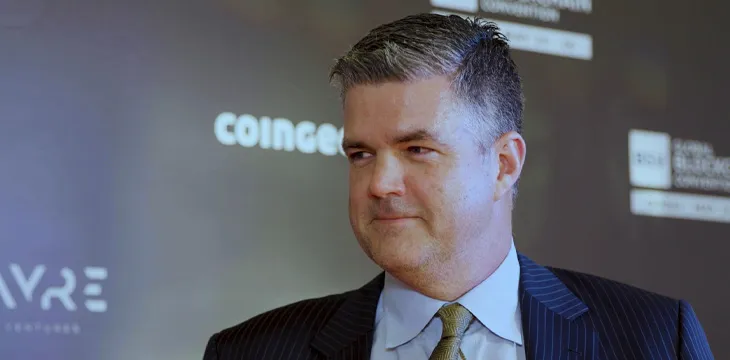|
Getting your Trinity Audio player ready...
|
SLictionary is about as unique a Bitcoin application as you’re likely to find, leveraging Bitcoin SV to create a monetary incentive for word definitions. The platform has focused exclusively on the English language since it was founded. In early 2022, it delved into Arabic language, and as founder John “Jack” Pitts told CoinGeek Backstage, only BSV, with its very low fees, could power an application like SLictionary.
Jack was in Dubai for the BSV Global Blockchain Convention, where CoinGeek Backstage Jon Southurst caught up with him to discuss SLictionary, Bitcoin, and more. With the event being in Dubai, it was a great opportunity for Pitts to announce that the second language his platform would support is Arabic.
REWARD! $100
Define “ARABIC”
here: https://t.co/Io5E8yPlMeto mark the beginning of SLictionary’s 2nd language release:
Modern Standard Arabic!✍🏼4💡&💰 pic.twitter.com/NfvYZsopk8
— SLictionary (@SLictionary) May 27, 2022
Arabic is one of the world’s oldest languages, and with over 400 million speakers, the fifth-most spoken language behind English, Mandarin, Spanish, and Hindi. And being one of the more complex languages to master, SLictionary proved that it can make it with any language and delving into any other language will be a walk in the park for its developers and users.
SLictionary could only work on BSV, a blockchain network that scales infinitely and has real-time transactions, and whose fees are consistently the lowest in the market.
“Without BSV, we couldn’t do the micropayments, we couldn’t charge as little as we charge, we couldn’t take the penny of someone seeking knowledge and divide it 70:30 where we get the minimum, and the wordsmith gets the 70%. In a way, there was [no other network] that we could use,” Pitts noted.
Pitts’ vision for SLictionary has been so futuristic that when he launched the platform, even the network wasn’t ready for some of the features, he added. One of these was Non-Fungible Tokens (NFTs), and at launch, they weren’t as popular because they required much more to redeem than the few cents that the platform’s business model depends on.
“We, more than any other app, benefitted from the most recent upgrade to the node software, which everyone refers to as the dust limit. The part we felt was important was the minimum rates the nodes will set for the fees. This allowed us to kick MAPI to the curb and all of a sudden, all our tokens were working as they should have from the first day,” said Pitts.
Watch: The BSV Global Blockchain Convention presentation, Marhaba: BSV in the Middle East

 08-23-2025
08-23-2025 





